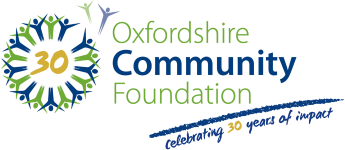On 20 March 2020, UK schools closed their gates to all but the children of essential workers and those deemed most vulnerable. Months out of school risk setting back children’s learning and development, particularly for children from disadvantaged backgrounds, who already achieve less well on average than their better-off classmates. The transition to home learning will be a disruption for virtually every child in England.
This report is based on a new survey, specially designed by IFS and the Institute of Education (IoE) and completed online by over 4,000 parents of children aged 4–15. Students are facing very different experiences of home learning. This could have very substantial long-term consequences considering evidence that even one extra hour a week of instructional time can significantly raise achievement.
- Children from better-off families are spending 30% more time on home learning than are those from poorer families
- 58% of primary students from the least well-off families don’t have access to their own study space
- Almost 60% of the parents of primary school children and nearly half of the parents of secondary school children report that they are finding it quite or very hard to support their children’s learning at home
